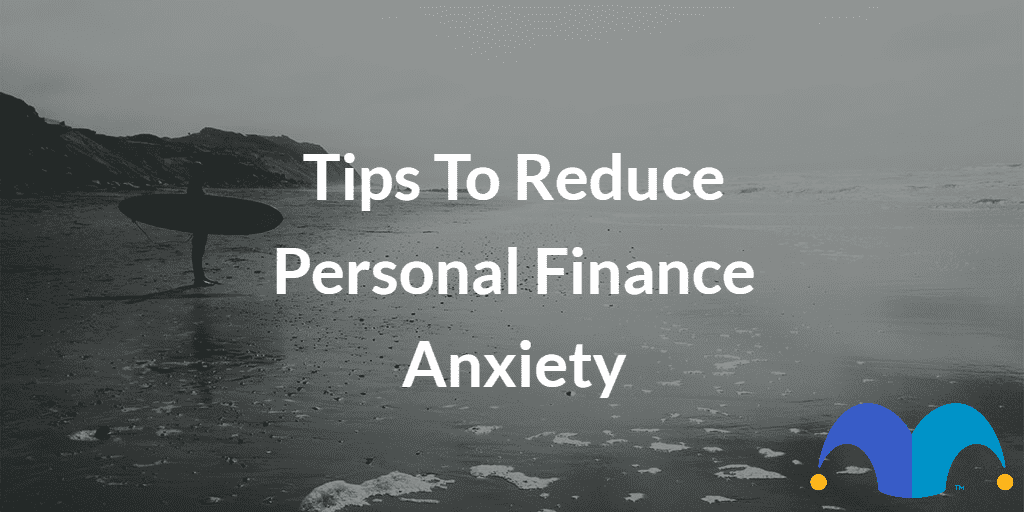The COVID-19 pandemic has left many in the UK anxious and looking for personal finance tips to help them deal with it.
Shawbrook Bank asked 2,000 UK residents about their main concerns regarding borrowing money and what financial difficulties they’re experiencing after lockdown. From difficulty understanding loan language to anxiety about debt, Brits are feeling the pinch.
Understanding personal financial anxiety
Before you start searching for personal finance tips to help you, it makes sense to figure out what’s causing the anxiety.
According to Shawbrook Bank’s research, those taking out a personal loan in 2021 were primarily worried about accruing more debt. Others were concerned about what would happen if they couldn’t make the payments. And another group felt anxious about being locked into monthly repayments.
In total, more than 30% of those interviewed felt anxiety about their finances.
Tips for reducing personal finance anxiety
According to Sally Conway, head of consumer communications at Shawbrook Bank, there are four things you can do to manage your money better and reduce anxiety.
1. Start with a budget
Budgeting can be a great way to understand where you stand financially. If you know how much money comes in and goes out, you’ll be able to make better decisions.
Start by writing down all your expenses and see if there’s anywhere where you can cut down. Then set financial goals to help you spend less and save more. When making a budget, Conway emphasises that it’s important to be realistic: “There is no point making a budget that you know you will not be able to stick to.”
2. Spend time learning about personal finances
The better you understand money, the better you’ll be able to deal with it.
“If you look at our research, one in three people were unsure of or didn’t know what their credit score was,” Conway explains. “Knowing this could give you a better idea of how likely a loan provider might be to lend to you.”
Good places to start are understanding the fees you’re being charged (by your bank, your credit card or your loan provider). Other tips for personal finance improvement include looking into investing options and ways you can make your money grow.
3. Build an emergency fund
“If the last 18 months has taught us anything, it’s the fact that you never really know what’s around the corner,” says Conway. Planning for unexpected expenses and financial surprises can ease a lot of anxiety. It can also help you get through difficult times when they do come up.
At the top of the list of tips for reducing personal finance anxiety is saving money. Experts recommend putting aside three months’ earnings, but even an extra £500 or £1,000 would help during an emergency.
If you’re having a hard time getting started, a savings challenge could be a good way to jumpstart your emergency fund. Even a few pounds here and there can add up to a significant amount.
4. Shop around for the best products
Whether you’re looking for an ISA cash account or a loan, don’t just accept the first offer you find. Be open to looking around for better rates and fees. Above all, make sure you understand what you’re signing.
